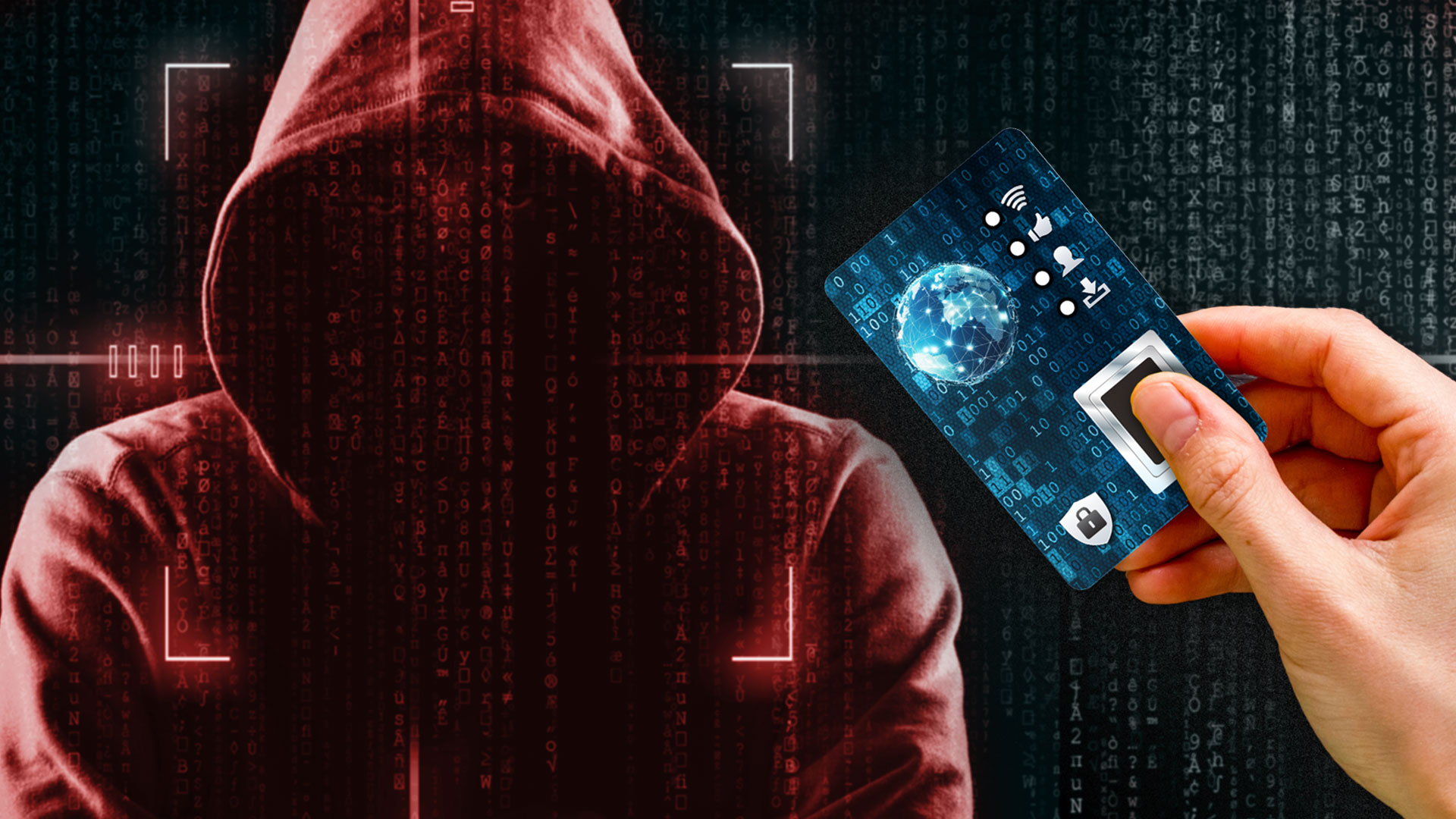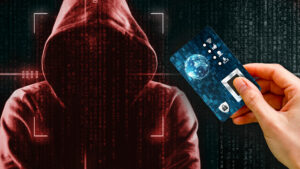- Introduction
- Eradicating Weak Links
- Crime Impact — Traditional Attacks
- Crime Impact — AI-Based Threats
- Frequently asked questions
How a trusted decentralized card eradicates weak links and protects governments and citizens against both traditional and AI-driven attacks.
Introduction
Access systems to our digital world have historically been defined and developed by tech giants prioritizing user convenience and sales — not citizen security.
Global authentication systems — the “keys” to our digital assets — have paved the way for massive levels of cybercrime. Present-day authentication must be redefined by trusted entities protecting the integrity of citizens worldwide — led by governments.
By their very nature, trusted “keys” to our physical and digital assets must be designed to serve all users, at all doors, always. Anything short of this effectively represents weak links to be exploited by malicious actors. As a result, the total financial damage caused by cybercrime has surpassed 5% or world GDP according to public studies.
Eradicating Weak Links
Through mandatory, government-grade biometric authentication in a fully decentralized local system, the APPSCARD solution eliminates key sources of attack:
- No passwords or PIN codes to steal or hack
- No authentication databases to breach
- No communication lines to intercept
- No weak fallback methods to exploit
- No counterfeit ID-card industry
- Reduced risk of insider corruption
Crime Impact — Traditional Attacks
A wide range of common crime categories are significantly reduced or eliminated:
- Identity theft — Significantly reduced
- Online fraud — Significantly reduced
- Subsidy fraud by individuals — Significantly reduced
- Buddy punching — Eradicated
- Fake cards — Eradicated
- Stolen cards — Eradicated
Crime Impact — AI-Based Threats
Criminal organizations and hostile states move faster than governments and corporations — investing heavily in AI-based attacks. The new threat landscape includes:
- Phishing: Hyper-personalized social engineering
- Deepfakes: Realistic face and voice impersonation
- Synthetic identities: AI-generated social profiles
- Credential abuse: Automated account takeovers
- Malware / ransomware: Self-evolving, evasive code
Addressing both present and future digital challenges demands a paradigm shift. A government-grade, fully decentralized biometric authentication system — carried in every citizen’s pocket, wallet, or lanyard — represents that shift.





